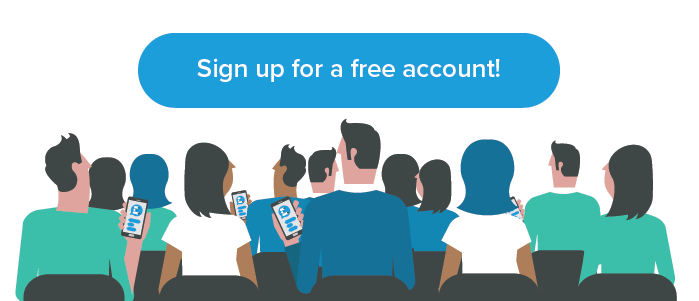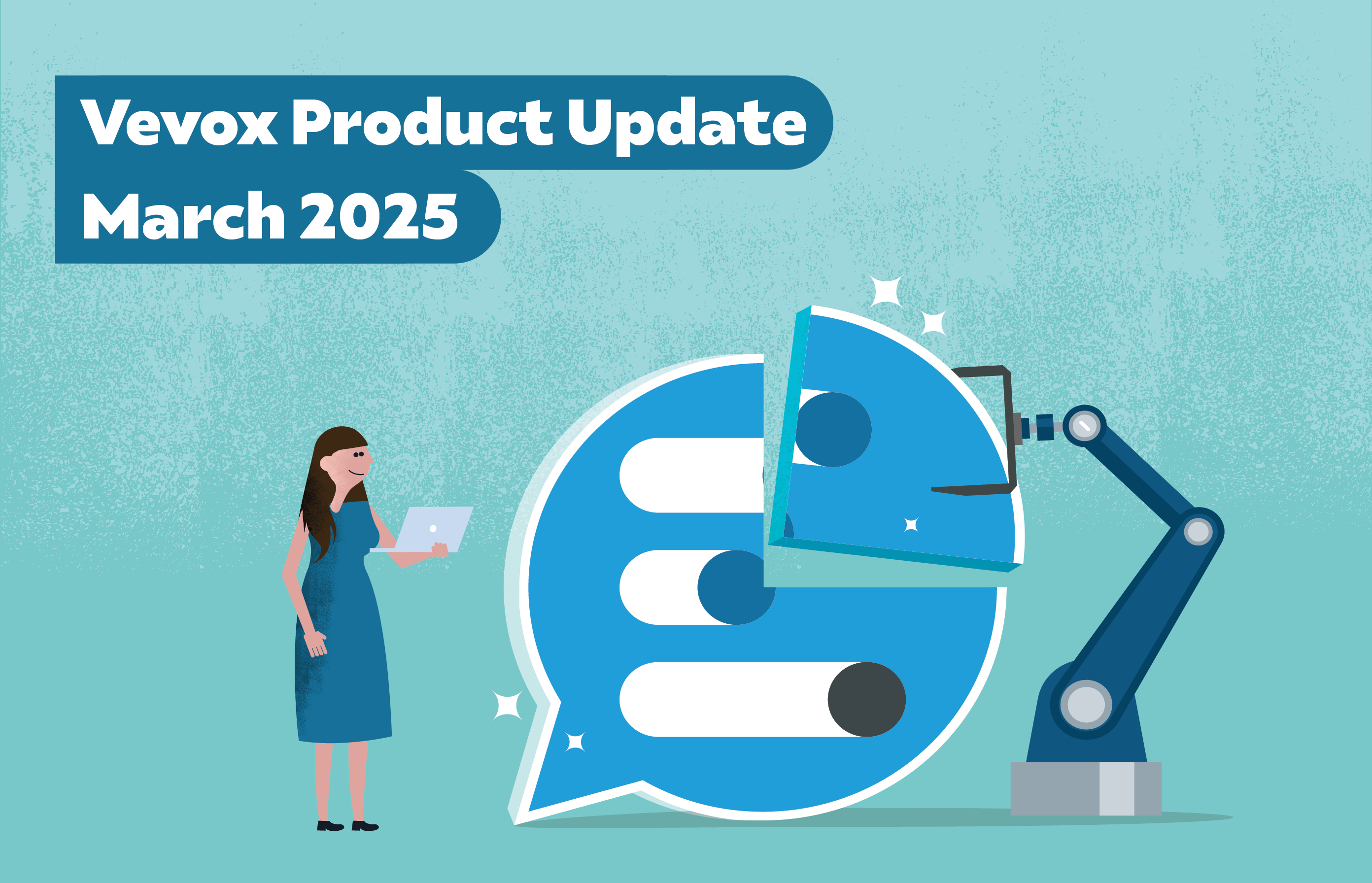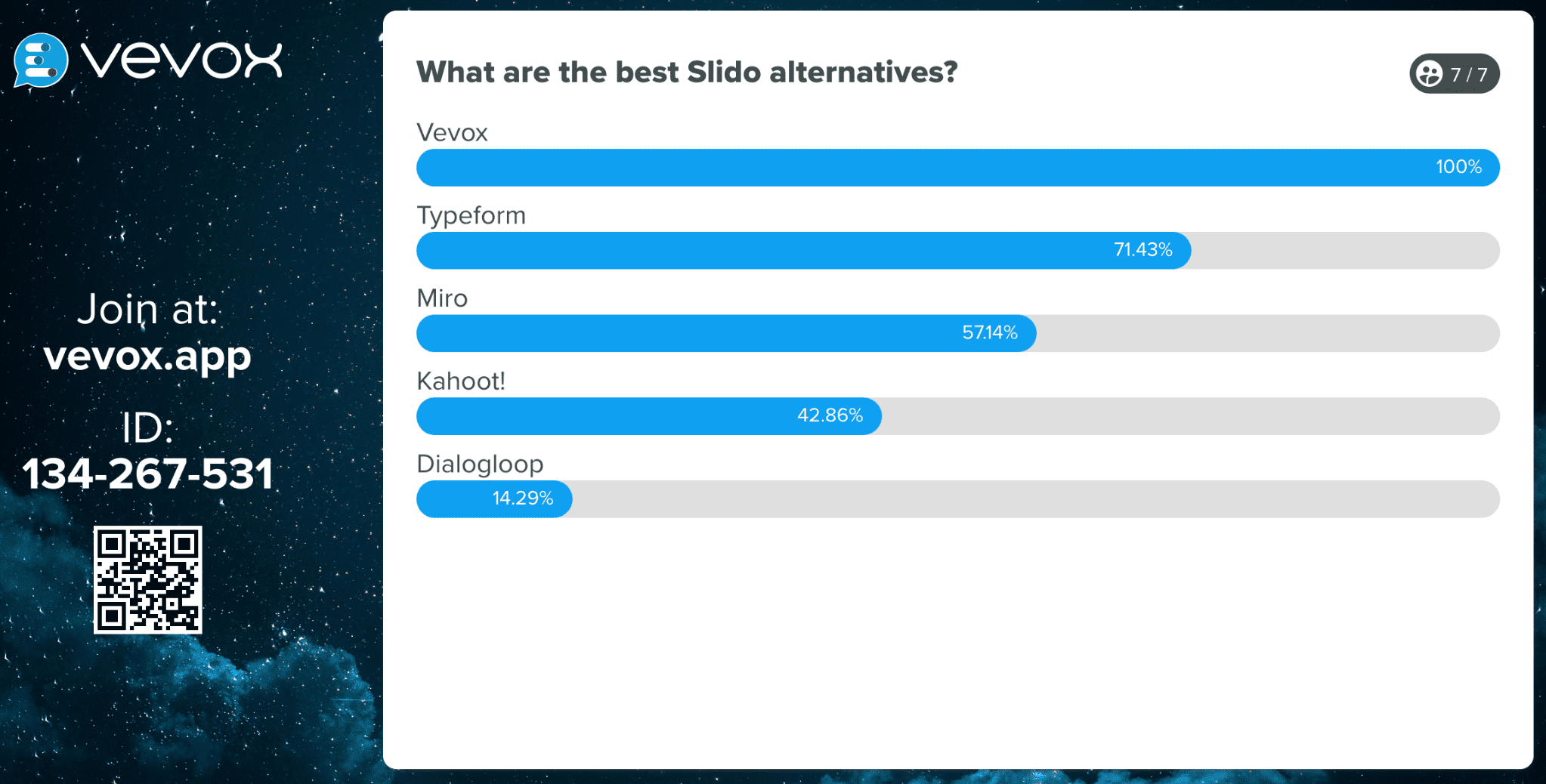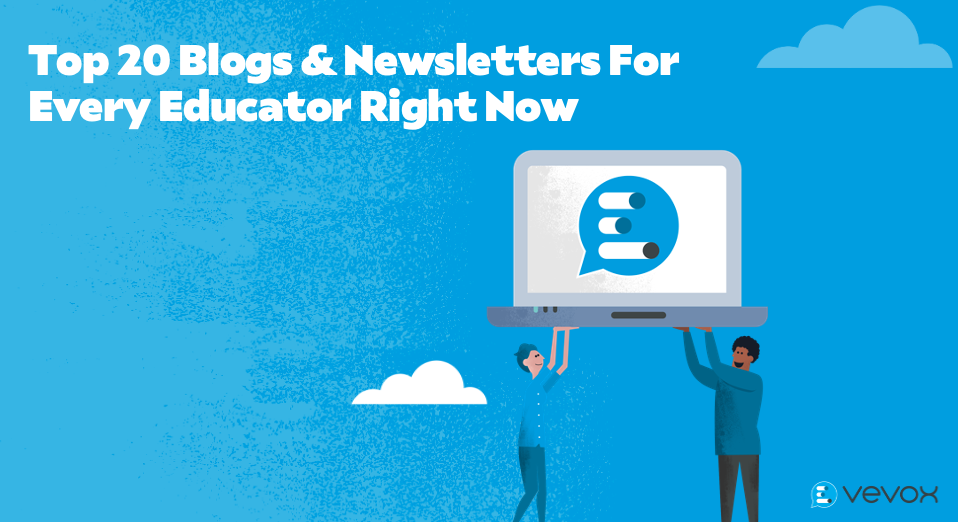We all know that first impressions count; The interview, the first day in the job…even the job advert itself. But where companies can fall down is by taking their foot off the gas as soon as their new employee accepts the job. Just because you gave them the job, doesn't mean that your new hire isn't still interviewing you in the first few days, weeks and even months of their employment.
In this blog we take a look at how a successful employee onboarding programme can really make a difference and positively influence your employee engagement, long after the honeymoon period. Here at Vevox we've recently hired 4 new team members in our customer success team within as many weeks, so we've got some recent, relevant experience and employee insights to share with you…
Make time for your new employee(s)
This is a tough one as we're all short on time but earmarking enough time to spend with your new employee should be right up there on your onboarding agenda. Having been integral to our recent growth, Dermott Madden, Head of Customer Success shares, "Finding time to sit down with new staff is probably the biggest challenge I have faced during the onboarding process. If you've recruited the right people for your organisation, naturally they will be inquisitive and have questions and want to get started straight away, so it’s important to give them adequate face time to help get them settled and feeling confident, without being overwhelmed."
"It feels like I am learning something new every day. My colleagues have been very welcoming, easy going, and have made me feel like part of the team from day one." - Emma
Employee handbooks can be a really helpful tool for employee onboarding but relying on them alone doesn't provide enough engagement or foster a sense of connection between the new starter and their organisation. If, as their line manager, you really can't spare enough time, then implement a buddy system to make sure your new recruit has a dedicated person to shadow, work alongside or help them get set up.
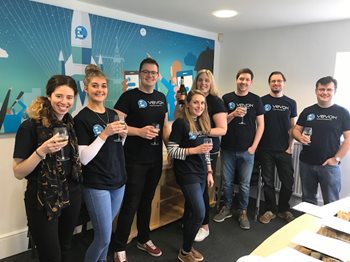 Stacie, one of our new recruits says, "Having specific members of the team show me processes and let me shadow them whilst they worked was really helpful to understand how I would be doing my job." For new starters working remotely, consider scheduling regular video or voice calls with them to check in and find out how they're doing, both professionally and personally. It should go without saying that it’s also important (and just plain sensible) to schedule some time before they start their employment to be organised and procure and set up any computers, phone systems or help resources that they will require. Being unprepared for their arrival signals that you don't value them - not the first impression you want to make.
Stacie, one of our new recruits says, "Having specific members of the team show me processes and let me shadow them whilst they worked was really helpful to understand how I would be doing my job." For new starters working remotely, consider scheduling regular video or voice calls with them to check in and find out how they're doing, both professionally and personally. It should go without saying that it’s also important (and just plain sensible) to schedule some time before they start their employment to be organised and procure and set up any computers, phone systems or help resources that they will require. Being unprepared for their arrival signals that you don't value them - not the first impression you want to make.
At our quarterly kick off meetings we also make a point of introducing any new team members who have joined since the last meeting. As well as being a practical step, it’s also a chance to celebrate the successes that they may have already had, which contributes to a sense of achievement and belonging which is vital for engagement.
Striking a balance between management and autonomy
New employees can be vulnerable as they are at your mercy in learning how to use specific systems, learning the company line and getting to know office dynamics, inter department relationships and the subtleties of responsibilities without stepping on toes. As their manager, helping them to navigate this is your job, but as every employee is different, it can be hard to know just how much guidance you need to provide. No one wants to be micromanaged but equally well, being set adrift in those early days can get even the most motivated new starter wondering if they made the right decision and potentially planning their exit route.
Unsurprisingly, the way to combat this is to make time for confidential ‘one to one’ check ins to ask what's going well and whether they need additional help or guidance, especially in the first few weeks. It's also good practice to have a plan or onboarding checklist to help steer a new employee in the right direction with logical steps and goals and then make a plan to follow up with them. As an example, here at Vevox we set all new employees a task to book in one to one introductory meetings with our entire team, including the senior leadership team and this serves multiple functions. Stacie agrees, saying, "The paper tick-list of things to learn was very useful when I started as I could discover who does what and then tick it off my list which is always a nice feeling!"
Every member of the team is always willing to answer my question(s) even if I feel I’m hassling them! The company really does strive off teamwork and I love that, and it motivates me to get on with things as I know I can always ask for help if I need it. Going into depth about my actual role with my manager has made me feel excited about it as it’s really motivating to see how I can help customers be successful and achieve their goals. - Stacie
Having a flat line of communication between employees and management allows for trust to be built through transparency and build relationships quickly, making new colleagues feel at home and ultimately a valued addition to the team. In the ‘Great Place to Work’ annual report, almost all top-ranked workplaces had a strong emphasis on onboarding, with 94% making employees feel ‘at home’ as soon as they entered the workplace.
Whilst meeting everybody might not be possible in larger organisations, the principle remains the same, get your new starter to start making these all-important connections with key people in your organisation. Humans are biologically programmed to want to connect to feel safe, even the most introverted!
Put them on the customer journey
I still remember my first week at Vevox. I spent it going through the customer journey looking for where improvements could be made. The learning curve was steep, but I knew what was expected of me and I had plenty to get my teeth into. Whilst learning all about the business I was also getting to know people in it at the same time, a win-win for everyone!
Another tactic we use here is to get new employees to use the product and create a PowerPoint presentation quiz on a topic of their choice. Using our live polling integration, they present this to the team. It's a bit of fun for all involved but it also provides an opportunity for new starters to gain product knowledge and confidence, test our help and customer success resources and bond with the team. Emma says, “I found in my first couple of weeks that the Vevox YouTube channel has some excellent videos and webinars on pretty much anything you need to know about setting up and running meetings. The more you know about the product the better. Having had this experience I feel like I can make my role my own and I am learning what works so I can better support our customers."
Socialise
Whether at lunch time or out of hours, it’s important to really get to know the person, not just the employee. Kathryn says, “It’s so important to feel connected and supported when you're somewhere new. This human connection helps all parties to better understand one another and start to bond."
 Generally speaking, people who like each other work better together. As a business we get together regularly for a drink or a meal out, or even just a chat in our new breakout space complete with sofa and table tennis table. We try to arrange a work social within the first week of someone new joining and this helps to break the ice. Whatever you organise doesn't have to be fancy, it could even be a slice of cake and a coffee at your local cafe or bringing in food to share over lunch.
Generally speaking, people who like each other work better together. As a business we get together regularly for a drink or a meal out, or even just a chat in our new breakout space complete with sofa and table tennis table. We try to arrange a work social within the first week of someone new joining and this helps to break the ice. Whatever you organise doesn't have to be fancy, it could even be a slice of cake and a coffee at your local cafe or bringing in food to share over lunch.
Even our Monday morning stand up meetings help us all to connect and hear from all areas of the business at the start of the week and share any important news - new starters are always included from day one.
So, there you have it - an insight into how a successful employee onboarding process can contribute to increased employee engagement. With 20% of employee turnover occurring within the first 45 days of a new job according the Great Place to Work report, employers cannot afford to be complacent about their employee onboarding programme.
As a final thought, I’ll share this with you. A colleague recently commented about working at Vevox, “It’s a safe space to learn from your mistakes, I feel happy to challenge things as I know I’ll be met with trust and a willingness to make things better without judgement.” We couldn’t ask for anything more.
If you enjoyed reading this, why not read:
10 effective communication tools to increase productivity
